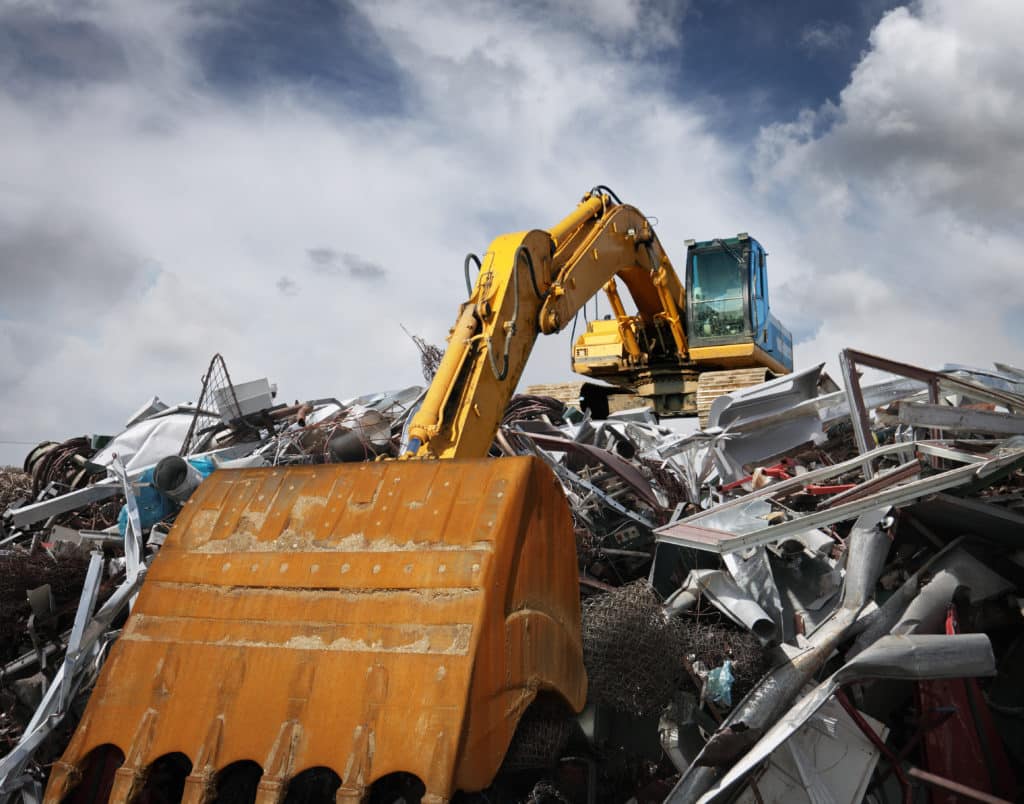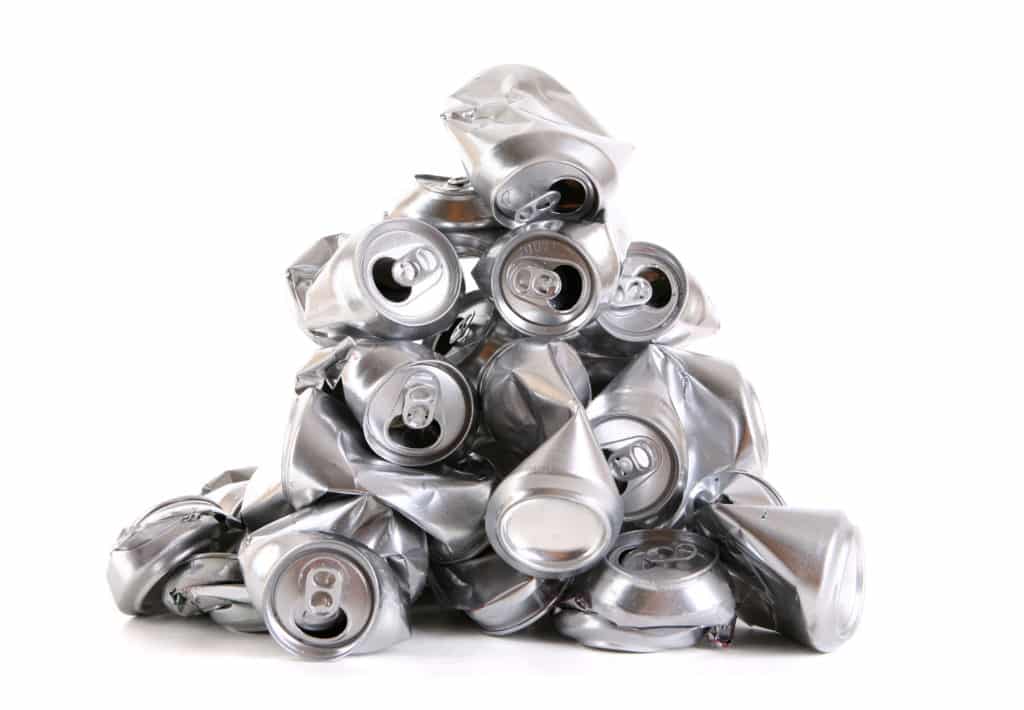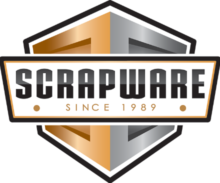Stroll around your community, neighborhood or home and you will likely be surrounded by something you may not be aware of—reused scrap metal.
With its environmental and economic benefits, recycling programs are on the rise, and metal is the most commonly recycled material today. According to the American Iron and Steel Institute (AISI), steel is the most recycled material on the planet. Metal can be recycled over and over again without the degradation of any of its properties. In fact, some recycling processes today can improve the material. An Electric Arc Furnace, for instance, can process scrap steel to increase its strength and durability, making it even more suitable for use in products such as building beams or railroad tracks. Manufacturers opt to use the recycled metal because it is less expensive than metal derived from mined ore. All of these facts make metal a prime candidate for extensive recycling.

Despite the prevalence of scrap metal recycling today, many people are not familiar with the end result—the many uses of recycled scrap metal.
How is Scrap Metal Reused to Make New Products?
So what happens after discarded metal is dropped into a recycling bin or delivered to scrap yards? A multi-step process takes place to reclaim the valuable metal. After the first step, which is collection, the material must be sorted. Aluminum, copper, steel, brass, iron and other metals collected at a recycling center must be separated using magnates and other technology. The separated material is then processed, usually in large industrial shredders. The processed material is then melted and/or purified before being solidified in sheets or bars for transport.
After this final step in the process, the recycled metal is ready to be used in products in the following wide variety of industries:
Construction – Recycled metal is used extensively by both the commercial and residential construction industries. It is commonly used in beams, roofing, ductwork, plumbing, and windows, among other things.
Transportation — A high concentration of recycled metal is used in automobiles, aircraft, shipbuilding, train tracks, and bridges.
Manufacturing and Industrial — New consumer items like appliances, equipment and tools use a significant amount of recycled metal. Industrial uses include industrial and shipping containers.

Packaging — Food and beverage cans are perhaps the most widely recognized use of recycled scrap metals. This packaging is commonly fabricated from aluminum, which is the metal that benefits from the greatest recycling energy savings. Producing cans from recycled aluminum saves 95 percent of the energy that would be otherwise needed for using non-recycled material. Aluminum can go from your curbside recycling bin back to a grocery store shelf in about sixty days!
Home Furnishings — Indoor and outdoor furniture like tables, lamps and chairs; lighting fixtures, decorative metalwork like banisters, and office supplies like file cabinets are all manufactured from recycled scrap metal.
Who Benefits?
New, lower-priced products are not the only benefit of recycling scrap metal. Recycling this material has numerous environmental benefits. Primarily, recycling scrap metal keeps the material out of landfills, where it can leach chemicals into the soil and groundwater. Additionally, the metal recycling industry uses far less energy to transform scrap metal into a usable material than it would to process metal from mined ore. Using scrap metal reduces the need for mining new “virgin” material, thereby conserving natural resources and not disrupting land and natural habitats. Reducing the use and cost of energy is better for the environment but it also holds down manufacturing costs which passes on savings to consumers.
Although metal is one of the most commonly recycled materials today, only about 30 percent of used metal actually makes it into the recycling process. With the overwhelming benefits to consumers, manufactures and the environment, there is widespread agreement that we should all strive to increase metal recycling.
So, the next time you have metal to dispose of, remind yourself of this question: how is scrap metal reused? Everywhere!
ScrapWare Corp., of Rockville, MD, has been providing software to the scrap metal recycling industry for over 30 years. ScrapWare uses an Oracle database to provide a cloud-based software solution to manage all aspects of a recycling business. With numerous modules, extensive technical support, remote installation and online training, ScrapWare helps recycling companies with compliance, efficiency and profitability. Check out ScrapWare’s website, read the user testimonials, and see its offerings for your recycling software solution.
